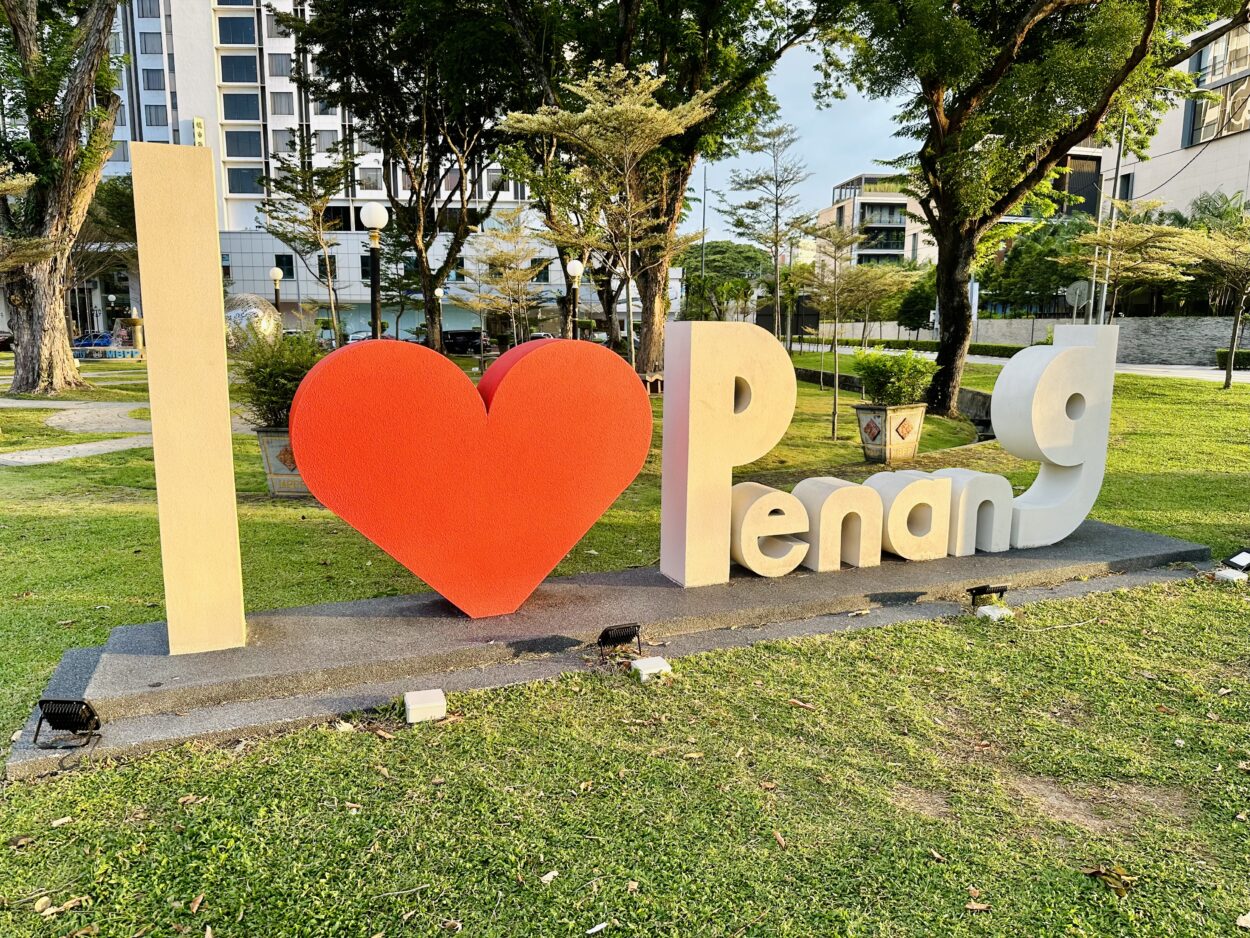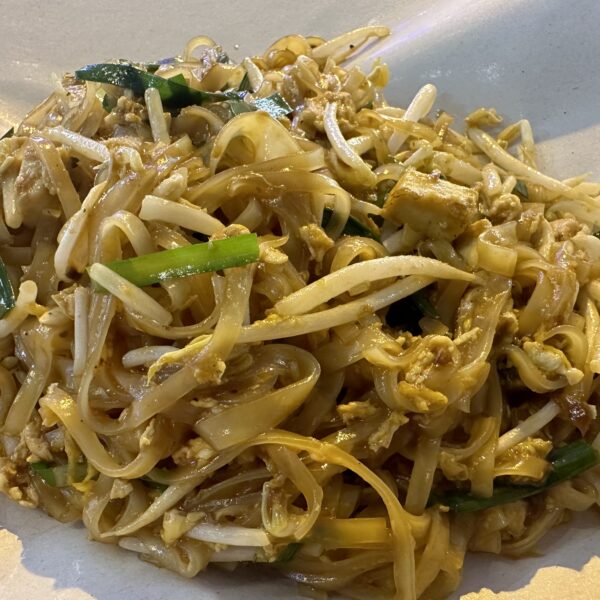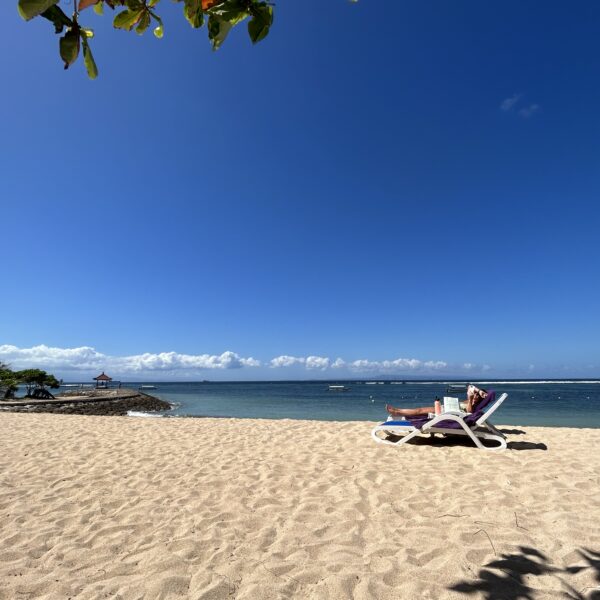Malaysia is becoming an increasingly popular destination for digital nomads, thanks to its affordable cost of living, diverse food scene, and reliable internet connectivity. As a digital nomad, you can work from anywhere in the country, whether it's the bustling capital city of Kuala Lumpur or the laidback island of Penang.
If you're a web3 or blockchain developer, Malaysia has a thriving tech scene, with many companies and startups in this space. Kuala Lumpur is especially known for its fintech and blockchain development ecosystem, with several accelerators and co-working spaces catering to the needs of digital nomads. There are also many meetups and events where you can network with like-minded individuals and learn about the latest trends in web3 and blockchain development.
Penang, on the other hand, is home to a growing number of startups in the tech industry, including those focused on blockchain and cryptocurrency. The island has a vibrant startup community, with several co-working spaces and incubators providing support and resources to entrepreneurs.
In addition to the tech scene, Malaysia has much to offer digital nomads in terms of culture and adventure. From exploring the bustling streets of Kuala Lumpur to hiking in the lush rainforests of Borneo, there's always something new and exciting to discover.
Kuala Lumpur is the capital city of Malaysia, known for its towering skyscrapers, vibrant street markets, and diverse food scene. It's a bustling metropolis with a mix of modern and traditional culture, making it a popular destination for tourists and digital nomads alike.
Digital nomads would choose to go to Kuala Lumpur for several reasons. Firstly, the city has a reliable and fast internet connection, which is essential for remote work. Secondly, Kuala Lumpur has a large and diverse expat community, making it easy to meet new people and network. Additionally, the city has a low cost of living compared to other major cities, making it an affordable destination for digital nomads. The food scene in Kuala Lumpur is also a major draw, with a mix of traditional and international cuisine available at affordable prices. Finally, the city has a vibrant culture and plenty of things to see and do, from visiting the iconic Petronas Twin Towers to exploring the bustling street markets.
Where we stayed at:
Yu Hotel Chinatown. While not located in the most central part of the city, this hotel in Chinatown offers convenient access to many of the city's landmark acttractions while providing a peaceful and quiet atmosphere. Chinatown itself is also a popular tourist destination, featuring a variety of Chinese restaurants and markets to explore. The price is at about 300HKD per night for a double room.
Where we ate at:
Malaysia's cuisine is diverse and reflects the country's multicultural heritage. The cuisine is a blend of Malay, Chinese, Indian, and indigenous influences, resulting in a unique and flavorful fusion of flavors, spices, and ingredients. The food we have tried there are mainly Chinese style.
1) Jalan Alor. We went to the most famous restaurant in this street -- 黄亚华小食店Wong Ah Wah Restaurant. The restaurant is famous for its grilled chicken wings, which are marinated in a secret blend of spices and grilled to perfection. In addition, the restaurant also serves a variety of Chinese dishes, including seafood, noodles, and rice dishes. The restaurant is typically crowded and has a lively atmosphere, so make sure you go there early to avoid rush hours.
2) Jalan Petaling. There are a wide range of restaurants in this area, here are a few recommendations that we tried: Portuguese Grill Fish, 何九海南茶店Ho Kow Hainam Kopitiam, 源昌隆咖啡店Pandan Indah.
3)Connaught Night market. It is longest one of the longest night markets in Kuala Lumpur, stretching for approximately 2 kilometers along Jalan Cerdas in Cheras. The market is typically open every Wednesday evening, from around 5pm to midnight. Most of the food there are Chinese cuisine.
4)SS2 Durian Market. The must-go place for durian lovers. There are several big durian stores offering a diverse range of durians (where we learnt 10+ different durian names).
Where we worked (coffee shops and co-working spaces):
1) Worq Sentral. A day pass cost 60MYR for each person. Central location, nice space with free coffee and biscuits, but the price is a bit high.
2) Co-labs co-working. A day pass cost 39MYR for each person. Cheaper, but need to pay for coffee.
3) Inspire Coworking Space. You can either pay 50MYR for a day pass or buy a coffee and sit outside. We chose the latter. https://inspirework.asia/
4) Spillstone Coffee. Specialises in delicious decaf coffee, served in crowd-pleasing styles in a two-level heritage-row space. https://www.instagram.com/p/Cr8MyglpXqn/?img_index=5
Networking events we attended:
Although there are several crypto groups in Kuala Lumpur, such as OffChain Kuala Lumpur and ETH Malaysia, none of their events coincided with our stay dates. However, this disappointment was compensated for when we attended a large NFT festival in Penang later on.
Other Reference Websites:
1)https://digitalnomads.world/city-guide/kuala-lumpur/
2)https://www.nurall.co/blog/best-places-in-kuala-lumpur-for-digital-nomads
3)https://www.remotedream.com/city-guides/remote-worker-city-guide-for-kuala-lumpur-malaysia
Penang is an island located off the northwest coast of Malaysia, known for its colonial architecture, street art, and delicious food. It's a popular destination for digital nomads, with a growing startup scene and several co-working spaces. The island also offers plenty of opportunities for adventure, from hiking in the rainforest to exploring the beaches.
Where we stayed at:
Chulia Mansion. A boutique hotel located in Georgetown. The price is at about 280HKD per night for a double room.
Where we ate at:
Penang is widely known for its vibrant and diverse street food scene, and is also home to several affordable restaurants that have been recognized by the Michelin Bib Gourmand Guide.
1) Tho Yuan 桃园. The restaurant has been serving traditional Cantonese cuisine since 1940 and is known for its handmade fish balls, dim sum and other Chinese dishes. We only spent 33MYR 9 dim sum dishes. https://guide.michelin.com/en/pulau-pinang/my-george-town/restaurant/tho-yuen.
2)Moh Teng Pheow Nyonya Koay莫定标娘惹糕. The restaurant is a famous Nyonya kuih (traditional Malay cakes) shop in George Town, Penang. The shop is known for its wide variety of freshly made kuih (a kind of cake), which are made using traditional recipes and techniques. We ordered rice, noodles and a variety of kuih for 2 people, which cost 58MYR.
Where we worked (coffee shops and co-working spaces):
1)Higher Ground coffee shop. This spacious coffee shop has a variety of indoor and outdoor spaces. Coffee, cakes, cocktails and food are all provided to fuel your energy. And the quite and pleasant ambiance is really good for some productive work. (side note: there is a Jimmy Choo sculpture right next to the coffee shop).
2)Masco co-working. This space is located in a shopping mall, with 3 levels of different functions. They have a good coffee machine for free coffee. A day pass cost 30MYR per person. https://masco.my/
3)Settlements. This space is located in an office building. They only have instant filter coffee. A day pass cost 30MYR per person.
4)Digital Penang. We checked that place, but it does not offer co-working space any more.
Networking events attended:
We were fortunate to attend geNFesT - a 2-day NFT festival in Penang. We attended conferences, participated in some thoughtful discussions and met many web3 people coming from across and Malaysia and SEA. https://genfest.xyz
Other Reference Websites:
1)https://elizabethtai.com/blog/the-guide-to-being-a-digital-nomad-in-penang/
2)https://thewanderingquinn.com/georgetown-malaysia-digital-nomad/



Leave a Comment